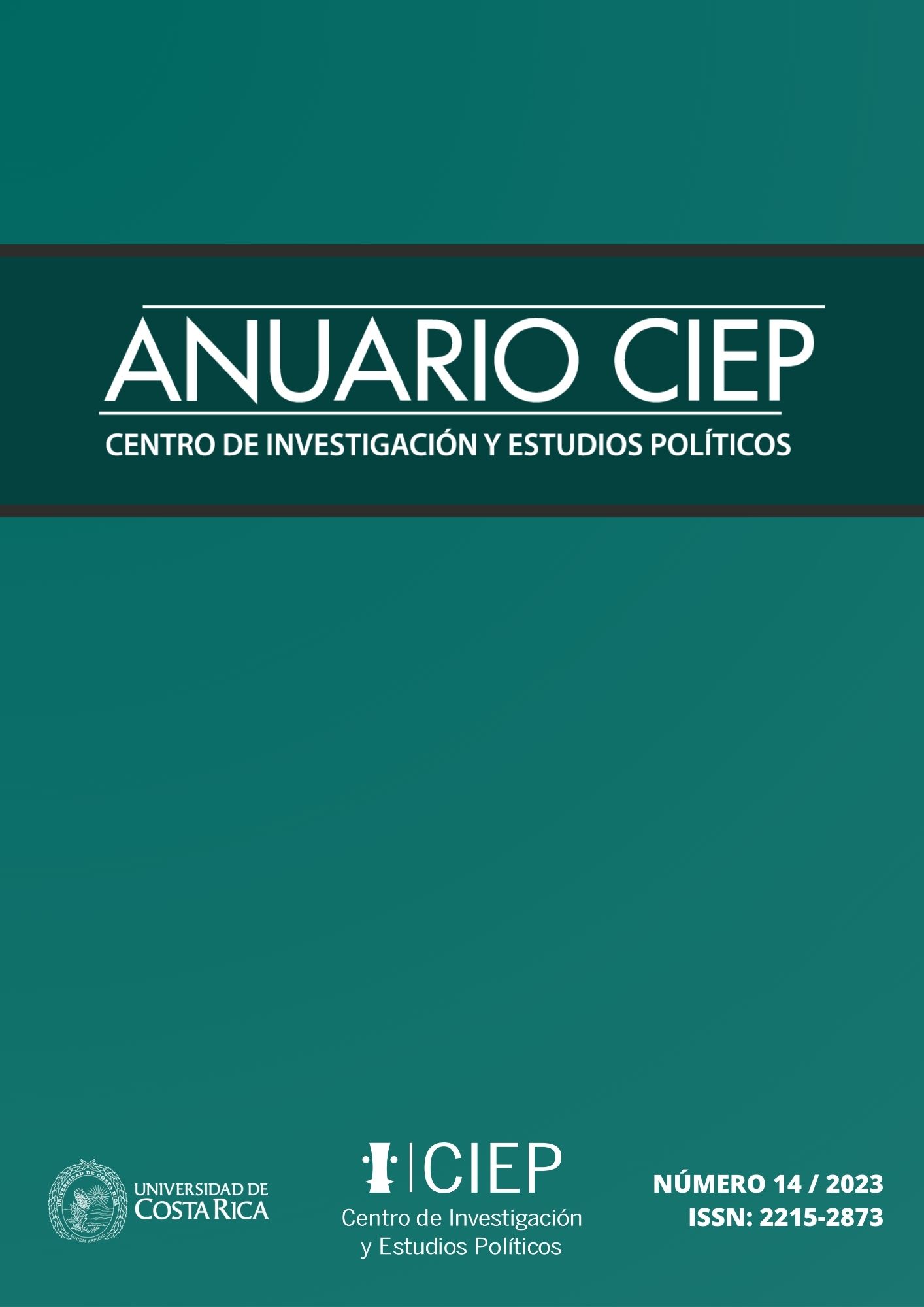Abstract
The article sets out to analyze conditionally-related policing and urban practices of the late 20th and the early 21st century in San José, the capital city of Costa Rica. To this end, three moments in the city’s recent history are identified and taken into account with regards to the theoretical propositions put forward by Michel Foucault at his Security, Territory, Population seminar. The first moment was the creation, in 1995, of the San José municipal police force as the entity in charge of maintaining public order. The second moment was the implementation of the Regeneration and Repopulation Program in 2004, which was intended as an initiative for urban recovery meant to attract real estate investment to San José. The third moment was the appearance of a complex videocamera system in 2008 meant as a new technological surveillance network. The article concludes by stressing that producing public spaces invariably implies the production of policing measures, and that these two processes have to be understood in conjunction.

This work is licensed under a Creative Commons Attribution-NonCommercial-NoDerivatives 4.0 International License.
Copyright (c) 2023 Luis Armando Durán, Diana Dávila Arias

